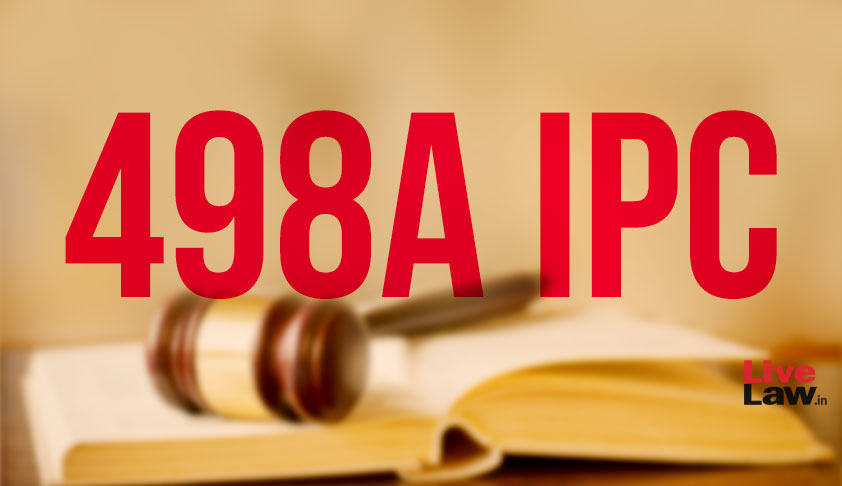How Can Guidelines Be Issued When There Is An IPC Provision? SC On its Section 498A Guidelines
LIVELAW NEWS NETWORK
29 Nov 2017 3:58 PM IST

Next Story
29 Nov 2017 3:58 PM IST
The Supreme Court, on Wednesday, expressed qualms over the correctness of its judgment in the case of Rajesh Sharma v. Union of India, wherein it had issued a new set of guidelines to prevent misuse of Section 498A of the Indian Penal Code.The Bench comprising Chief Justice Dipak Misra, Justice A.M. Khanwilkar and Justice D.Y. Chandrachud questioned the necessity of such guidelines when there...
